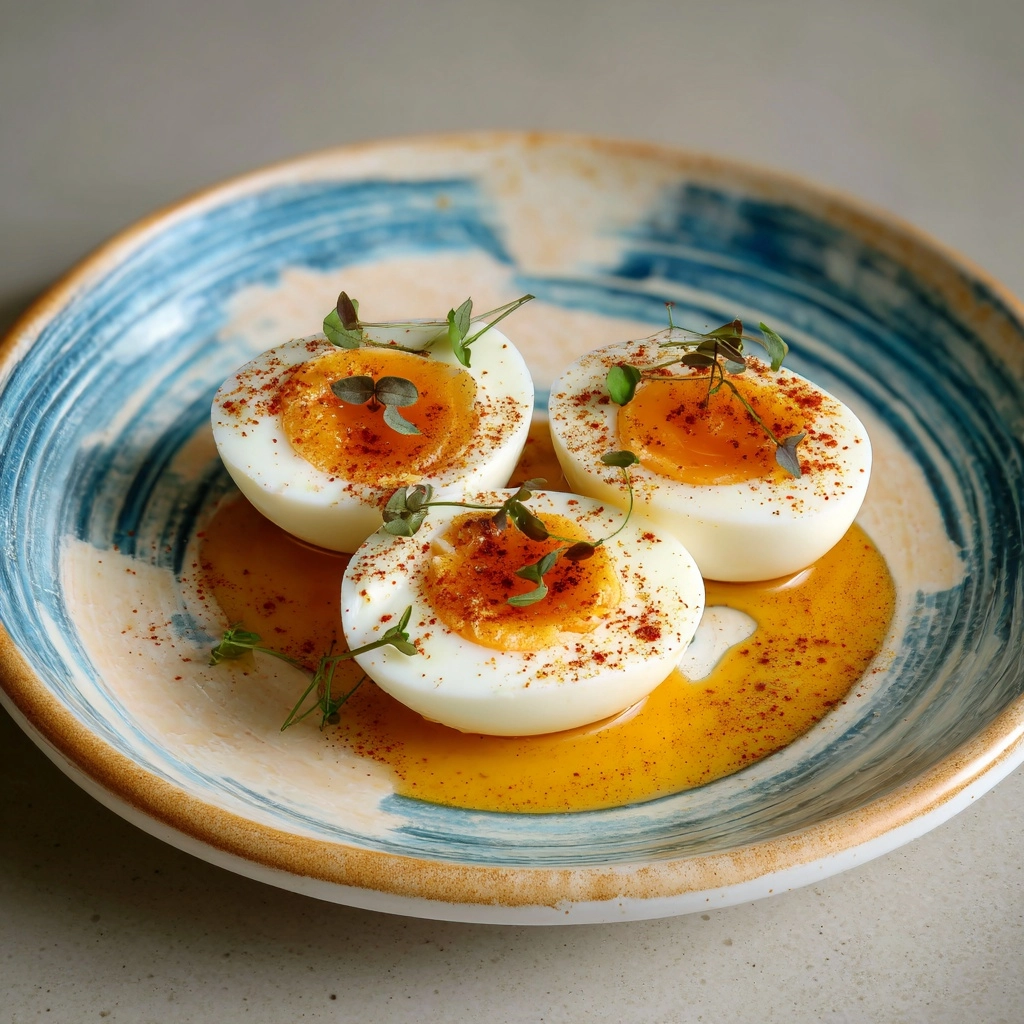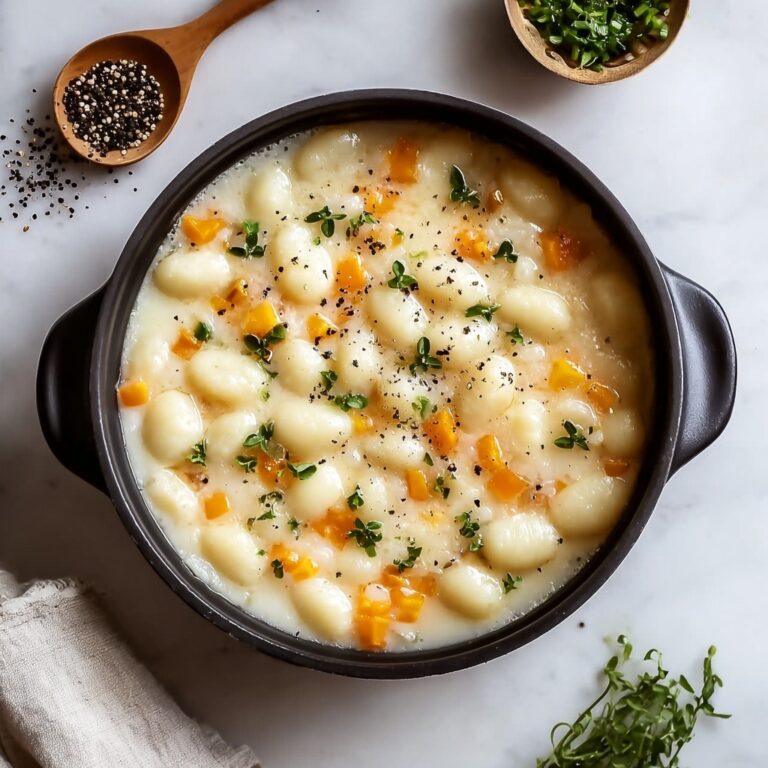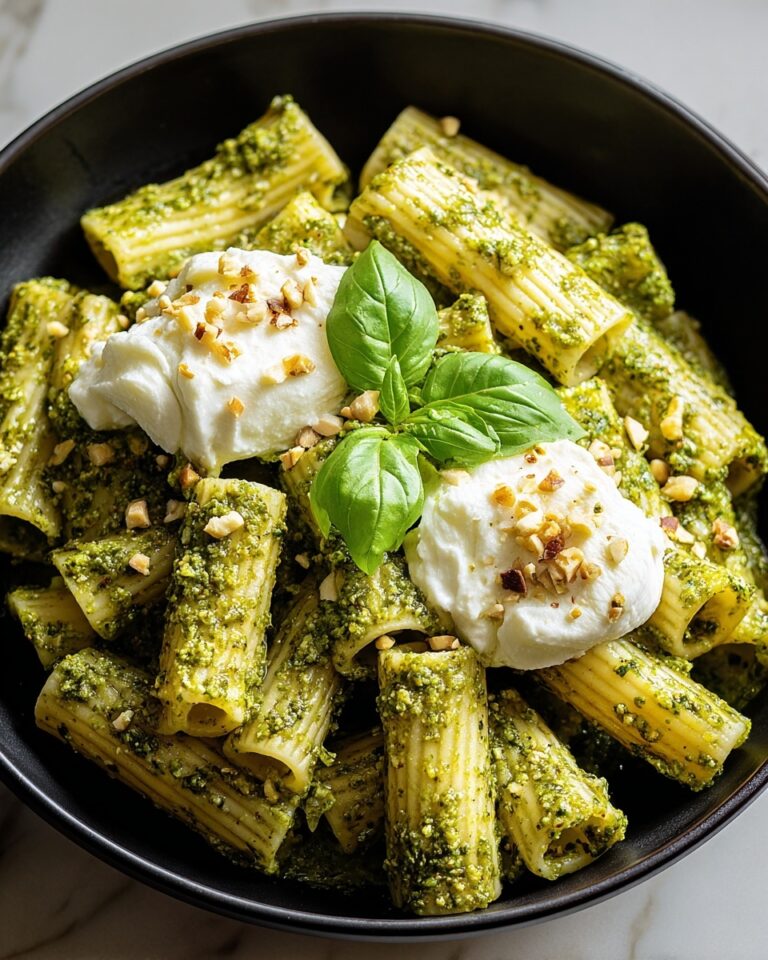Turkish Eggs (Cilbir) are proof that breakfast can be both stunning and satisfyingly simple. Imagine runny poached eggs nestled atop creamy, garlicky yogurt, all drizzled with melted butter spiced just right, then showered with fresh herbs and scooped up with warm crusty bread. This dish has wowed my taste buds and my brunch guests, yet it only takes 20 minutes to make! If you’re craving something vibrant, nourishing, and a little bit different for your next morning meal, Turkish Eggs (Cilbir) will absolutely deliver.
Ingredients You’ll Need

Ingredients You’ll Need
The magic of Turkish Eggs (Cilbir) lies in the harmony of just a handful of honest ingredients. Each one has a starring role — from the eggs that poach to perfection, to yogurt that cocoons them in cool creaminess, to that sizzling spiced butter which makes every bite unforgettable.
- Eggs: Fresh, large eggs make all the difference, delivering luscious yolks and silky whites for poaching.
- Greek yogurt: Thick and tangy, use plain Greek yogurt — its richness balances the whole dish and holds up against the warm eggs.
- Garlic: Just one minced clove gives the yogurt a gentle, craveable aromatic punch.
- White vinegar: Adding this to your poaching water helps keep the egg whites neat and supple.
- Unsalted butter: Melts down and marries with spices to become that famous Turkish spiced butter.
- Olive oil: Just a teaspoon makes the spiced butter even silkier and more flavorful.
- Paprika or Aleppo pepper: For that signature color and a mild, warming heat — Aleppo pepper is traditional, but good paprika works too.
- Salt: Essential for seasoning both yogurt and eggs, so every bite pops.
- Fresh dill or parsley: A shower of chopped herbs gives a fresh, bright lift at the end.
- Crusty bread: Flatbread, sourdough, or your favorite — it’s impossible not to mop up every bit of sauce with it.
How to Make Turkish Eggs (Cilbir)
Step 1: Prepare the Yogurt
Start by stirring together the Greek yogurt, minced garlic, and a pinch of salt in a small bowl. Set this aside so it gently comes up to room temperature — this prevents it from curdling when you add the hot eggs and butter later. Don’t skip this step! The garlicky yogurt is the dreamy foundation for Turkish Eggs (Cilbir), and a little time allows the flavors to bloom.
Step 2: Poach the Eggs
Fill a medium saucepan with water and bring it to just below a simmer — little lazy bubbles, not an aggressive boil, are what you want. Pour in the vinegar, which helps the egg whites stay perfectly cloud-like. Crack each egg into a ramekin or small bowl first, then gently slide them one at a time into the water. Cook for 3 to 4 minutes until the whites are set but the yolks still quiver with promise. Lift the eggs out with a slotted spoon and rest them briefly on a paper towel.
Step 3: Make the Spiced Butter
While your eggs are poaching, melt the butter and olive oil together in a small pan over medium heat. Once the mixture is bubbling and smells gloriously buttery, toss in your paprika or Aleppo pepper. Just 30 seconds brings out their aroma and color — don’t let the butter brown. Immediately take the pan off the heat. This spicy butter is the crowning glory of Turkish Eggs (Cilbir).
Step 4: Assemble Turkish Eggs (Cilbir)
Now for the most rewarding part! Swirl the yogurt onto a plate or shallow bowl so it makes a cloud-like bed. Nestle your delicate poached eggs right on top. Spoon over every drop of that golden, aromatic butter, letting it cascade over the eggs and pool onto the yogurt. Finish by sprinkling with lots of diced fresh dill or parsley. Serve with your crusty bread alongside, and get ready for pure breakfast bliss.
How to Serve Turkish Eggs (Cilbir)

Garnishes
The joy is in the details! Finish your Turkish Eggs (Cilbir) with a generous dusting of chopped dill or parsley, a little extra pinch of Aleppo pepper (if you have it), and perhaps a drizzle of peppery olive oil. For even more color, a few microgreens or a crack of black pepper can add a fresh flourish and take the plate from delicious to absolutely photo-worthy.
Side Dishes
While Turkish Eggs (Cilbir) are hearty on their own, they shine even brighter with a side of crusty bread — think rustic sourdough, pillowy pita, or classic simit. You might also want to add a side of sliced cucumber, crisp radishes, tomatoes, or olives for a Mediteranean-inspired breakfast spread. A fresh salad or a handful of briny green olives wouldn’t be out of place either.
Creative Ways to Present
For a wow-factor brunch, serve each portion in a shallow bowl with the yogurt swirled artfully and eggs nestled gently. You could even use mini cast-iron pans for individual servings. Colorful ceramic plates add a festive touch. If you want to go family-style, make a larger platter so everyone can scoop up their own portion. If you’re entertaining, tuck triangles of toasted bread right into the yogurt for ready-made dipping.
Make Ahead and Storage
Storing Leftovers
Turkish Eggs (Cilbir) are definitely best enjoyed fresh, but you can store any leftovers in an airtight container in the fridge for up to one day. The yogurt, eggs, and herb garnishes can all be kept together, but be aware the eggs may firm up a bit. For best results, store the poached eggs separately from the yogurt, if possible.
Freezing
Freezing isn’t recommended for Turkish Eggs (Cilbir), as poached eggs lose their luxurious, silky texture after thawing and the yogurt can become grainy. For optimum flavor and satisfaction, make just enough for what you’ll eat immediately — these quick-cooked ingredients come together so easily, there’s little need to freeze.
Reheating
If you must reheat, gently warm the poached eggs in hot (not boiling) water for just a minute or so until heated through — this helps preserve their delicate yolks. Microwave is not ideal, as it can overcook the eggs. Serve the yogurt and spiced butter at room temperature, then assemble as usual.
FAQs
Can I use regular yogurt instead of Greek yogurt?
Absolutely! While Greek yogurt is extra thick and creamy (perfect for Turkish Eggs (Cilbir)), plain whole milk yogurt works beautifully too. Just strain it through a cheesecloth for a bit if you prefer a thicker consistency.
What if I don’t have Aleppo pepper?
No problem: paprika (especially smoked or sweet Hungarian paprika) will give you gorgeous color and subtle warmth. For more heat and complexity, you can add a pinch of crushed red pepper flakes or a dash of cayenne.
Is there a trick to perfect poached eggs?
The key is gently simmering water (never a rolling boil), a splash of vinegar to tame the egg whites, and using fresh eggs. Crack them into a ramekin first to gently slip them into the pot with minimal disruption. Practice makes poaching perfect!
Is Turkish Eggs (Cilbir) gluten-free?
Yes, the core ingredients in Turkish Eggs (Cilbir) are all naturally gluten-free. If you want to keep the whole meal gluten-free, simply swap the bread for your favorite gluten-free variety, or serve with gluten-free crispbreads or vegetables.
Can I make this dairy-free?
It’s possible! Substitute your favorite unsweetened, plant-based yogurt and use olive oil in place of butter for the spiced topping. The flavor will be a bit different, but still a delicious and creative twist on classic Turkish Eggs (Cilbir).
Final Thoughts
Ready to treat yourself to a breakfast that’s gorgeous, nourishing, and impossibly tasty? Turkish Eggs (Cilbir) has become my go-to for lazy weekends and brunches that need a little extra sparkle. If you haven’t tried it yet, I can’t recommend it enough — just one bite and you’ll see why this beloved Turkish dish has fans all over the world. Enjoy every scoop!







